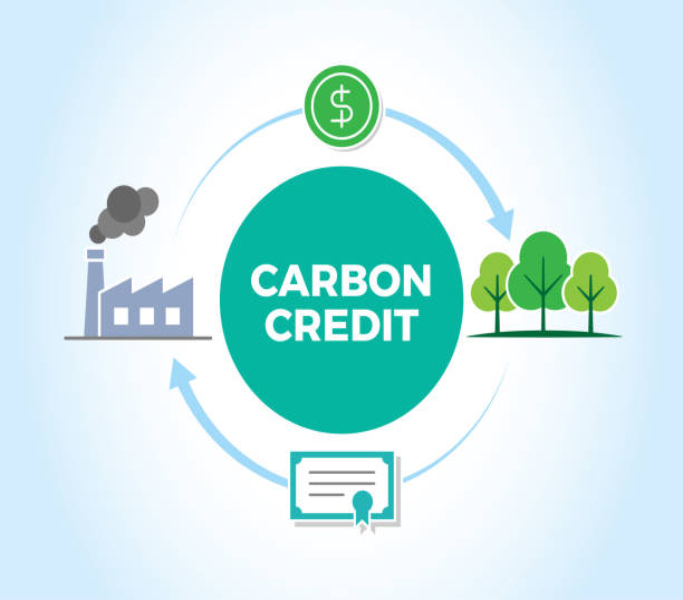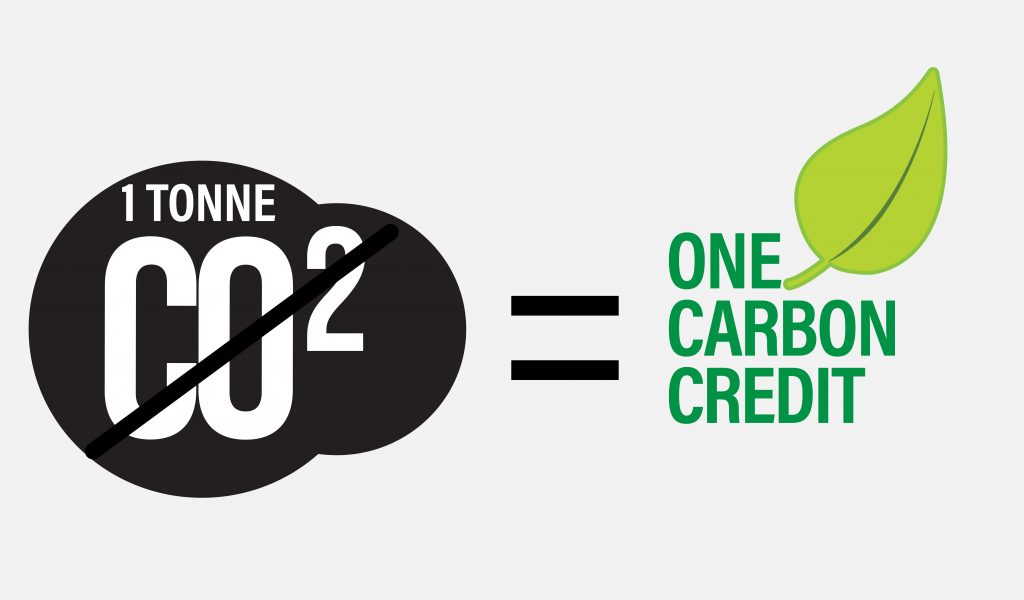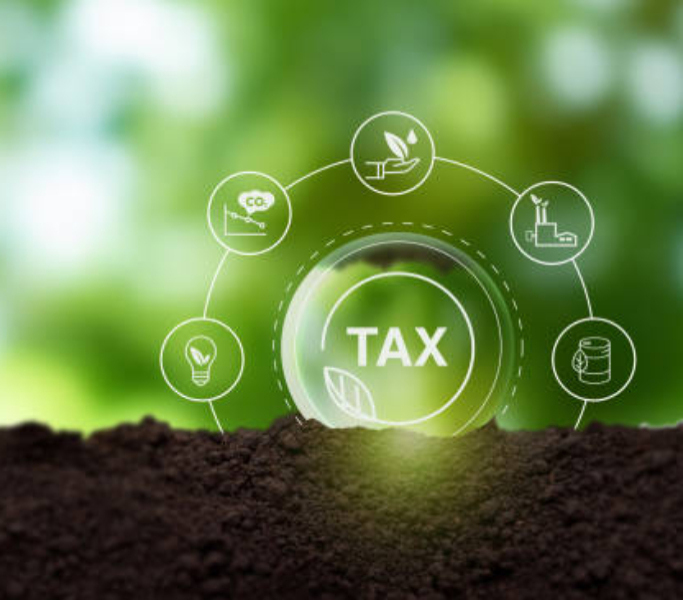



Solar Renewable Energy Certificates (SRECs)
These credits represent a reduction in greenhouse gas emissions and are used by companies to meet regulatory or voluntary carbon reduction goals.




These credits represent a reduction in greenhouse gas emissions and are used by companies to meet regulatory or voluntary carbon reduction goals.
Here are some of the states that have or have had SREC programs:
1. **New Jersey**: One of the largest and most active SREC markets in the U.S.
2. **Massachusetts**: Has a well-established SREC program, although it has transitioned to a new program called SMART (Solar Massachusetts Renewable Target).
3. **Maryland**: Offers an SREC program to support its RPS goals.
4. **Pennsylvania** : Has an SREC market, though it has faced challenges with oversupply.
5. **Ohio**: Participates in the SREC market, but the market has been affected by legislative changes.
6. **Delaware**: Has an SREC program to help meet its renewable energy targets.
7. **Washington, D.C.**: A robust SREC market due to its aggressive solar carve-out in RPS. These programs can vary significantly in structure, pricing, and regulations and are subject to change based on state policies and market conditions. If you have a specific state in mind, I can provide more detailed information about its SREC program.
**Mandatory Renewable Energy Markets**: These are driven by government policies and regulations. A typical example is the Renewable Portfolio Standards (RPS) in the United States, which require utilities to ensure that a certain percentage of the electricity they sell comes from renewable sources. These standards vary by state and can include specific targets for different types of renewable energy, such as wind, solar, or biomass.
**Voluntary Renewable Energy Markets**: These markets are driven by consumer demand rather than regulatory requirements. Individuals, businesses, and organizations voluntarily purchase renewable energy to reduce their carbon footprint or to support the development of renewable energy projects. This can be done through purchasing Renewable Energy Certificates (RECs) or by participating in green pricing programs offered by utilities.
1. **Corporate Social Responsibility (CSR):** Many companies want to demonstrate their commitment to sustainability and social responsibility. By participating in voluntary markets, they can show stakeholders that they are taking proactive steps to reduce their environmental impact.
2. **Brand Image and Reputation:** Engaging in voluntary markets can enhance a company's brand image. Consumers are increasingly interested in supporting environmentally friendly businesses, so companies participating in these markets can attract more customers and improve their reputation.
3. **Risk Management:** By investing in sustainability initiatives, companies can mitigate risks associated with climate change, such as supply chain disruptions or regulatory changes. This proactive approach can help ensure long-term business stability.
4. **Innovation and Efficiency:** Participating in voluntary markets often encourages companies to innovate and improve their operational efficiency. This can lead to cost savings and new business opportunities.
5. **Employee Engagement:** Many employees value working for companies prioritizing sustainability. By participating in voluntary markets, businesses can attract and retain talent passionate about making a positive impact. Businesses in voluntary markets are often motivated by ethical considerations, strategic advantages, and the desire to lead in sustainability efforts.
The voluntary carbon market is robust in regions with significant interest in sustainability and climate action. In recent years, the market has been quite robust in Europe, especially in countries like the United Kingdom, Germany, and the Netherlands, where there is a strong commitment to reducing carbon emissions and a high level of corporate participation in offsetting carbon footprints. North America, particularly the United States and Canada, has a significant presence in the voluntary carbon market, driven by corporate initiatives and consumer demand for greener products and services.
Additionally, countries in the Asia-Pacific region, such as Australia and Japan, are increasingly active in the voluntary carbon market as they seek to meet their climate goals and respond to growing environmental awareness. Regulatory frameworks, corporate sustainability goals, and public understanding of climate change issues support the market's strength in these regions.